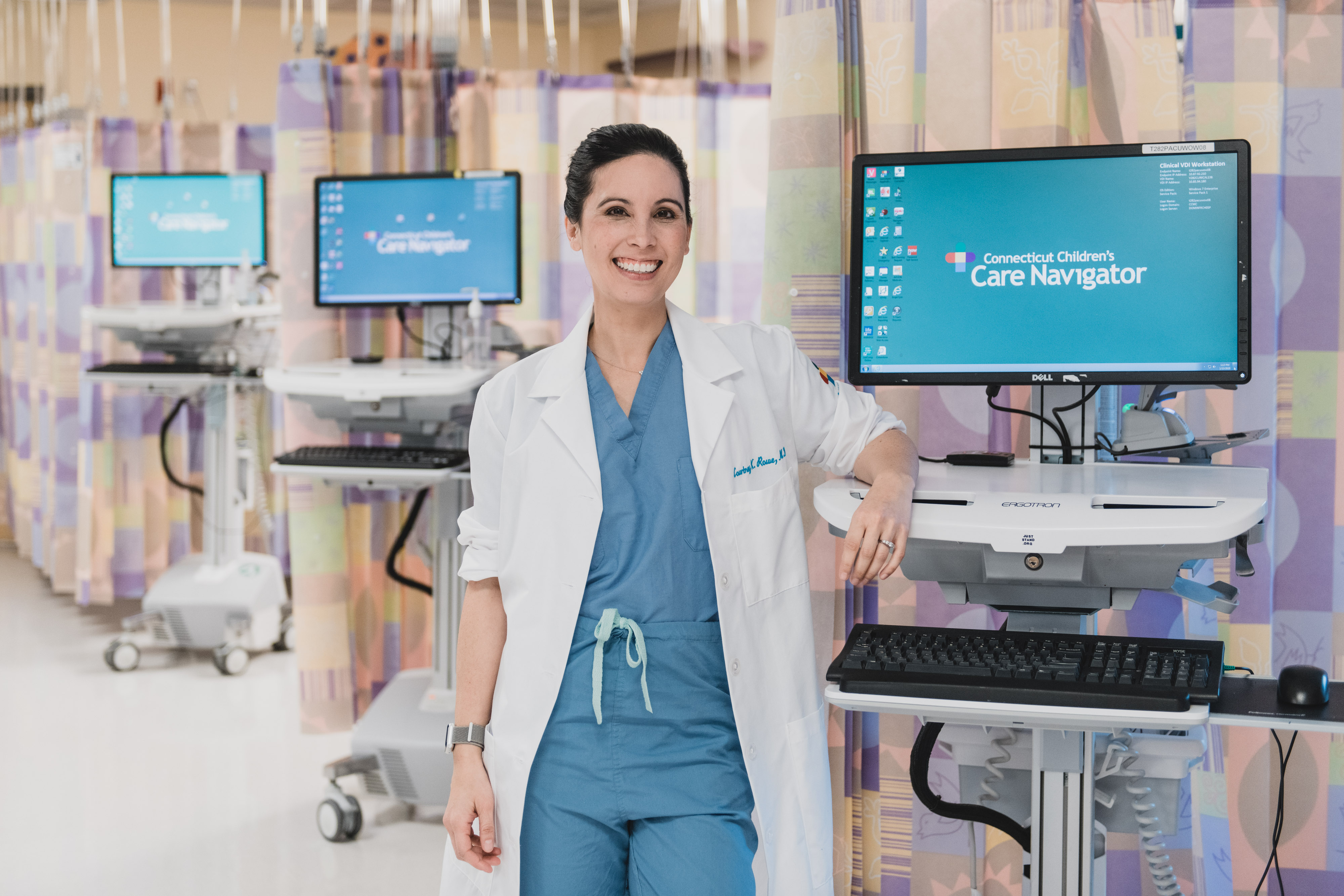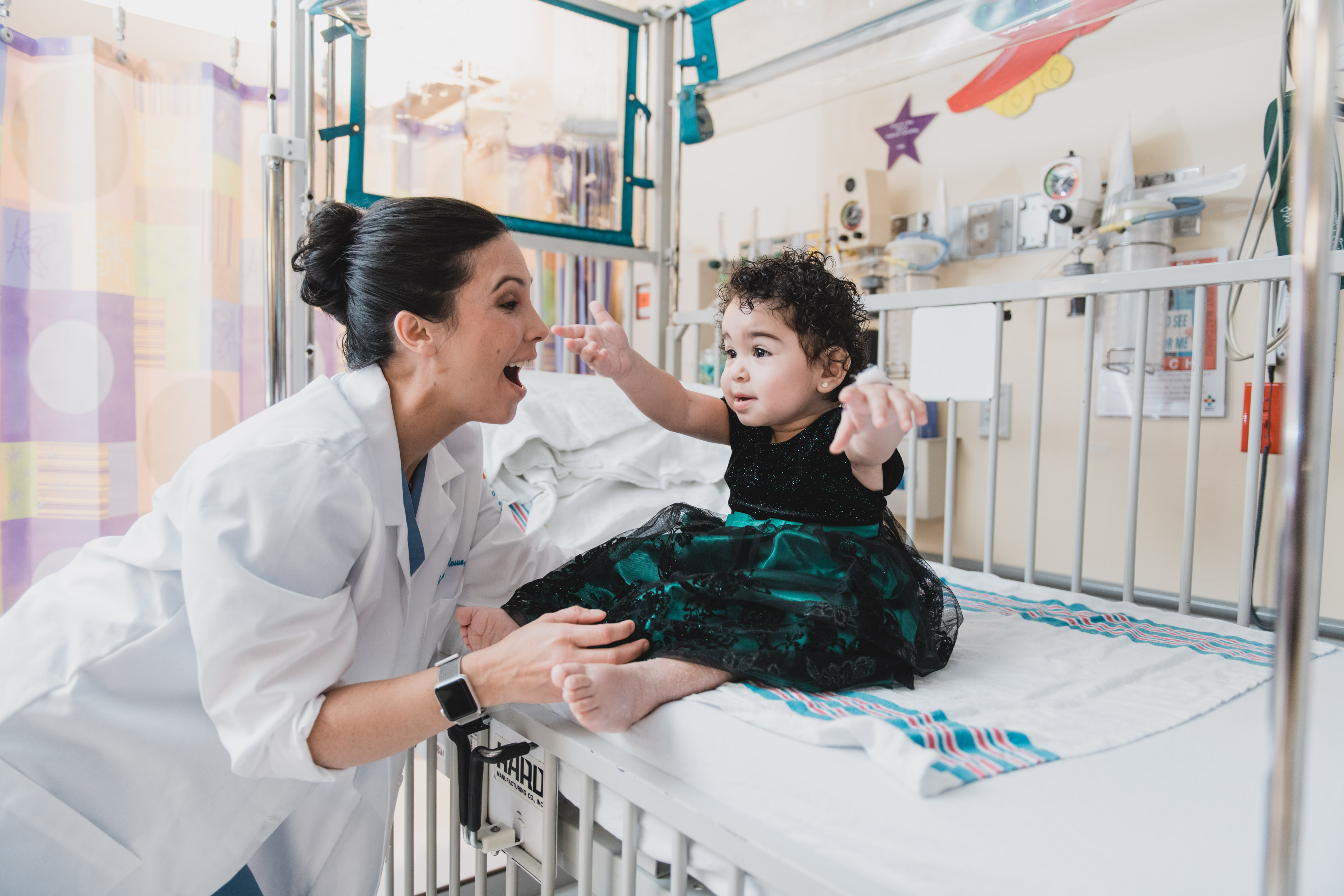Courtney Rowe, MD, is the Director of the Reconstructive Urology Program, rebuilding children’s damaged or defective urinary tracts and reproductive organs. She is also a translational researcher whose laboratory uses regenerative medicine to improve healing after reconstructive urologic surgery. She earned her BA at Brown University and her MD from Boston University. Her residency was at Brigham and Women’s Hospital/Harvard Medical School, and she did a clinical fellowship at Seattle Children’s Hospital and a research fellowship at Boston Children’s Hospital. She is also the recipient of the inaugural $50,000 research grant from Connecticut Children’s Connection, a group of involved donors who support research.
Latest Articles

$1 Million Gift from Big Y Supports Connecticut Children's New Clinical Tower and Expanded Pediatric Services

A New Era of Care Begins: Connecticut Children’s Celebrates the Opening of the New Clinical Tower


